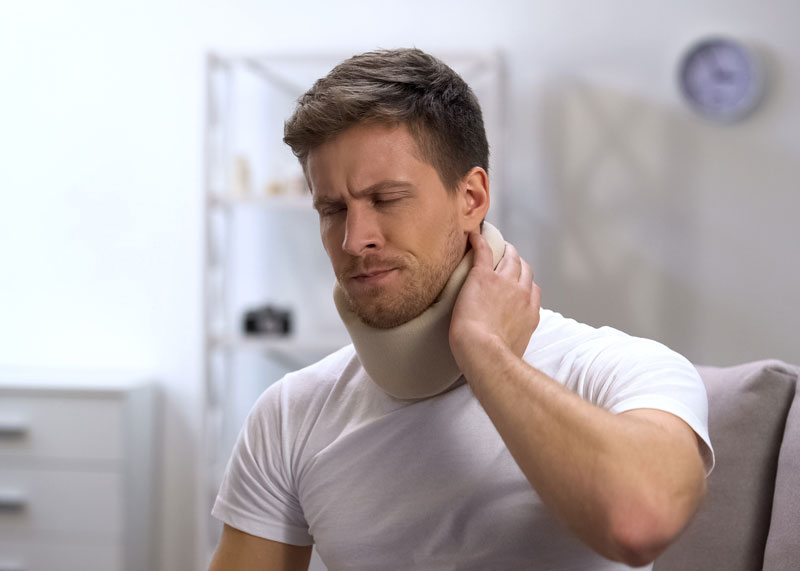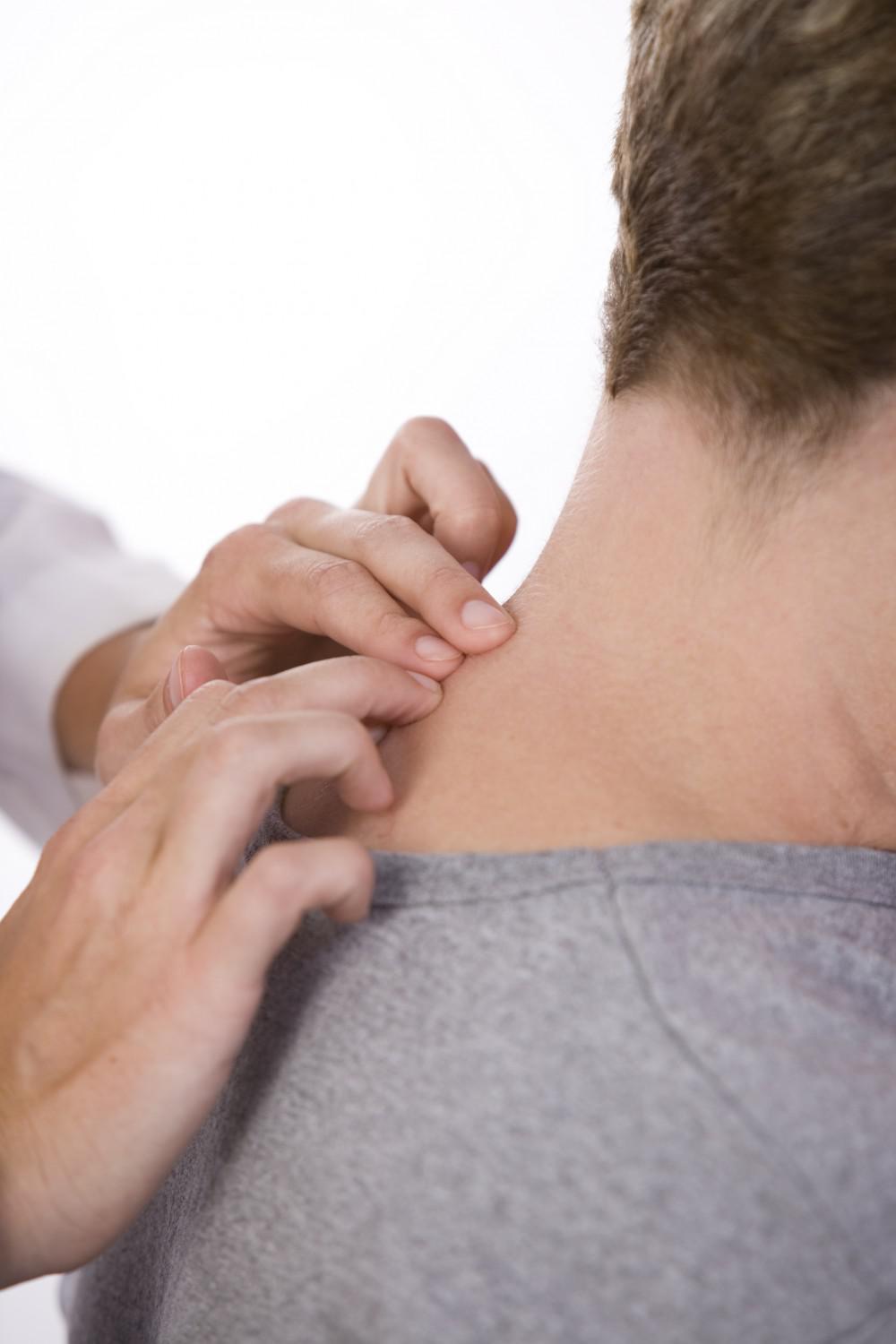Chiropractic care For Whiplash in Fort Collins, CO
Whiplash Treatment in Fort Collins, CO
With roughly 27,000 auto accidents happening every day, experiencing a truck or car collision is unavoidable. Accidents causing traumatic injuries involving the spine are detrimental to physical and mental health.
One such injury is whiplash, which occurs when the tendons and ligaments of the cervical spine (neck) are damaged due to abrupt movement. Even if you’ve only been involved in a minor accident, you should see a chiropractor to ensure that your spinal health hasn’t been affected.
At Heart & Hand Chiropractic, we do more than just treat symptoms. We care about your overall health and want to treat the root cause of your pain. That’s why we provide free spinal screenings so that you can get the help that you need IF you need it. Contact our Fort Collins office today or call us at (970) 377-3557 to have your back and neck screened for spinal issues.





Causes and Symptoms of Whiplash
Car accidents aren’t the only way that whiplash develops. It can be brought on by:
Any vehicle accident in which the neck is tilted forward due to significant inertia.
A sudden blow to the head that causes unexpected neck movement.
Slipping and falling at an awkward angle which twists the neck.
Collisions that cause the body and neck to move without synchrony.
Just as the causes can be varied, so can the symptoms you experience. Beyond feeling neck, shoulder, arm, and/or back pain, you may also have neck stiffness, headaches, TMJ issues, tinnitus, dizziness, or muscle spasms.
Neck Stiffness
Typically with whiplash you will feel restricted neck movement caused by stiffness in the cervical region. This stiffness may be attributed to injury-caused weakening of the neck muscles. Joint dysfunction can develop if the joints in the spine lose their ability to absorb shocks.
Headaches, Hyperflexion, and TMJ
It’s common for whiplash patients to have long periods of headaches resulting from strained muscles. Hyperflexion occurs when the neck goes beyond the extent of its natural position and range of motion. Hyperflexion impacts how the jaw closes, which puts pressure on the temporomandibular joint and can lead to TMJ dysfunction and disorder. In long term or chronic whiplash, migraines might be triggered due to the damages sustained by the jaw joint.

Tinnitus
You could also feel numbness, dizziness, and/or have tinnitus, which is one of the most common symptoms of whiplash. Tinnitus is characterized by a ringing or buzzing sound in the ears.
These neurological conditions happen due to herniated discs as a result of the accident. The exposure of the disc in this manner causes it to overlap with the surrounding nerves, sending stinging pain down the arms, numbness and muscle weakness.
Mental Stress
If whiplash treatment is prolonged for a few weeks or more, anxiety and depression is common. It can become difficult to accomplish certain tasks. Constant pain can hamper our daily routines which leads to a feeling of demotivation among patients.
Whiplash Treatment
With tendons and ligaments in the neck damaged due to whiplash, it’s necessary to ensure that the cervical spine (neck) recovers quickly.
Some people have severe pain after a whiplash injury, but often there is only temporary soreness even though serious damage has occurred. It’s important to schedule an appointment with a chiropractor as soon as possible after an accident to reduce recovery time and prevent prolonged damage.
Whiplash treatment is unique because the pain needs to be addressed while treating the injury to the muscles, ligaments and tendons. Specific corrective chiropractic treatment is used in our office to correct the spine back to an ideal position while decreasing pain and symptoms.
There are also a few ways to help protect your neck while going through chiropractic care:
Don’t keep your neck stagnant; move it slowly. Keeping the neck mobile will help with recovery.
Adopt a good posture by keeping your upper back and neck upright. This will relieve pressure from your spine.
Using ice on new injuries can help naturally decrease pain and swelling.
Ask us about various neck movements that will speed up the recovery process.


FAQ’s
You are said to be suffering from whiplash when you feel restricted neck movement due to the weakening of the neck muscles resulting from sudden movement or injury to the neck.
During whiplash, the tendons and ligaments of your neck (the cervical spine) become damaged, making it imperative to ensure the cervical spine recovers quickly.
Get In Touch With Us
If you have any questions about how we can get you out of pain or improve your overall quality of life, please don’t hesitate to contact us today at (970) 377-3557.